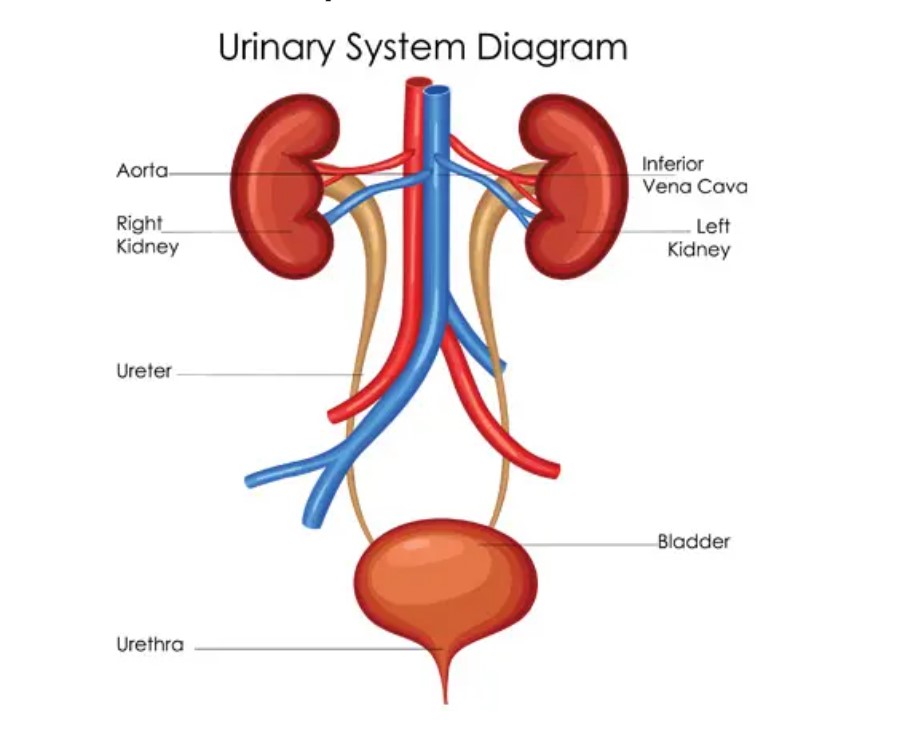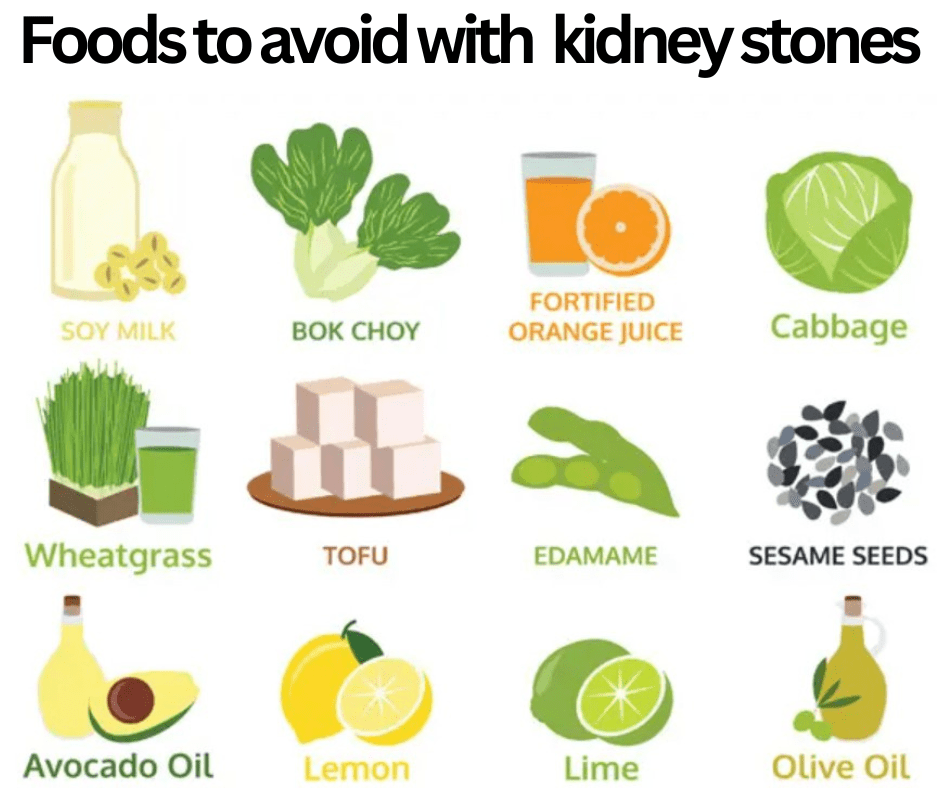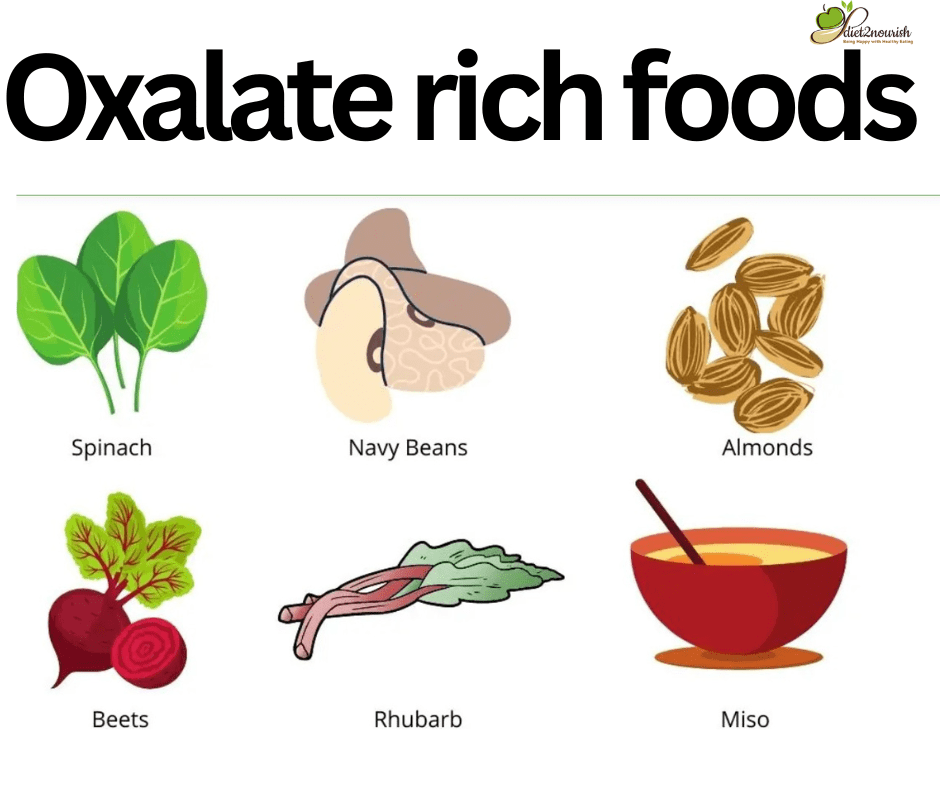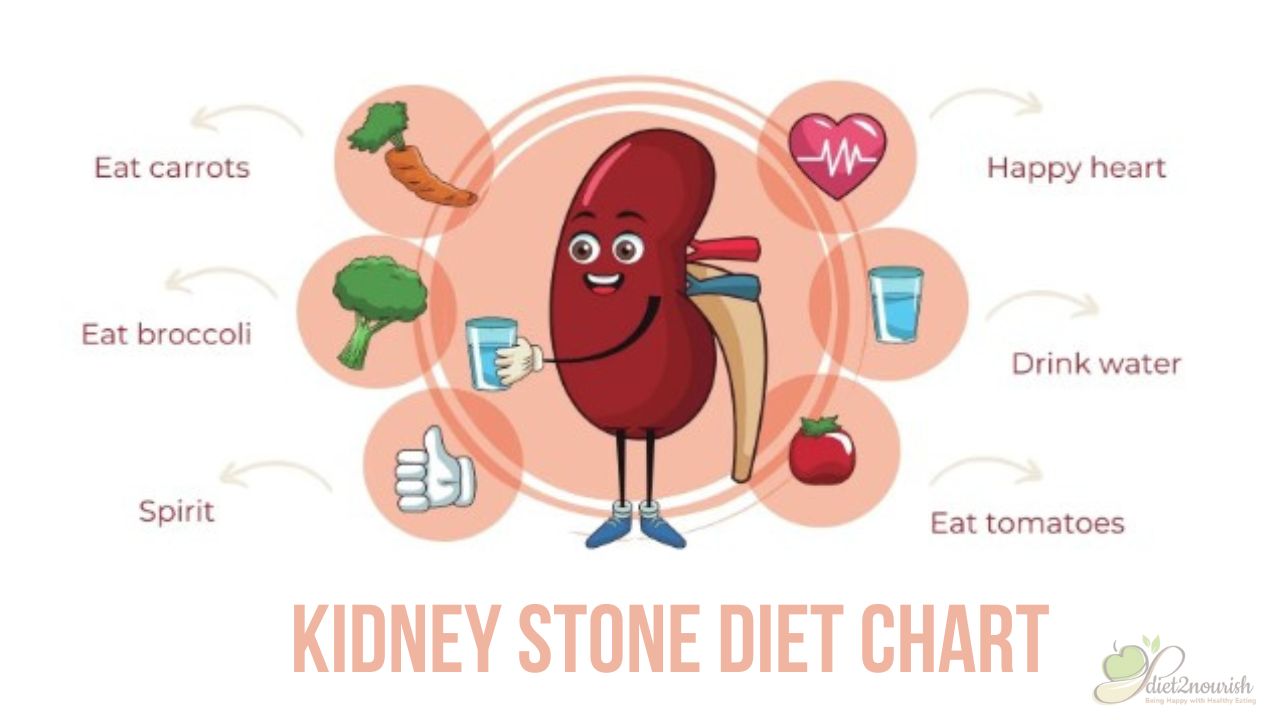Kidney Stone Diet Chart
The human kidney, a bean-shaped fist size organ in our body is responsible to filter the blood, removing impurities and excess fluids from the body, that come out of the body in the form of urine. We all have two kidneys facing opposite to each other at the lower side of the rib cage. The two of them are also responsible for the production of RBC (Red Blood Cells) and regulating blood pressure levels.
The kidneys function continuously to filer the impurities throughout our life cycle, and during this cycle, sometimes due to excessive waste accumulation and lack of fluid, some of the waste stick around the kidney, forming crystals, which slowly combines to form stones. You can follow kidney Stone Diet Chart for a healthy life.
The formation of kidney stones or renal stones may not be harmful to the kidney, but they cause immense discomfort and pain in the abdominal area. Kidney stones can be extremely painful and are the most common cause of blood in the urine, causing intense pain in the abdomen, groin, or flank.
Kidney Stones Symptoms that you should know

Kidney stones also called renal calculi or calculi in the kidney, will never cause any symptoms, unless it starts moving around within the kidney or passes into the ureters. If the stones are stationed at the ureters, it may get more severe, as it will block the flow of urine and cause swelling and the ureter to spasm. Some of the common signs and symptoms that you must watch for are:
- Sharp and severe pain below or at the sides of your ribs
- Pain that follows till the groin and the lower abdomen
- Pain that shows up like waves and fluctuates
- While urinating you may experience pain and a burning sensation
- Red, pink, or brown color urine
- Foul-smelling and cloudy urine
- Frequent urges to urinate and urinating in small amounts
- Nausea or vomiting
- Fever and chills if an infection develops
Lifestyle, Diet, and Kidney Stones
The main causes of kidney stones are high levels of minerals in the body, however, focusing on the passing of the stone and getting relief from the severe condition of pain and discomfort is more important. However, knowing and understanding the main root cause can help you in adopting preventative measures so that you never face discomfort in the future. By adopting Kidney stone diet chart and following the tips of diet plan you can combat the health issues caused by kidney stone.
Like much other illness and ailments kidney stones too has a lot to do with our lifestyle (the way to choose to live) and the way we eat (our diet). It can be also be said that kidney stones are nature’s way of ridding the body of the impurities that we put into it.
The main reasons for kidney stones can be attributed to:
- Lack of Vitamin A
- General defects in the body’s metabolism
- Wrong diet
- Excessive intake of vitamin D
- Excessive intake of acid-forming foods, sugar and sugary products, and white or refined flour
- Less intake of water and other fluids
- Sedentary lifestyle
Diet and Kidney Stones
If you have ever suffered from or are suffering from a kidney stone, you must have or have been dealing with a great deal of pain. Mostly genetics and kidney stones are linked, but diet is also a leading factor.
The two most common types of kidney stones are calcium and uric acid stones. Diet charts for kidney patients and medical treatment are individualized on the type of stone you have so that it can be prevented from coming back.
There is no single kidney stone diet plan for sure and prevention. The diet recommendations are based on the type of kidney stone you have, like:
1. Calcium Oxalate Stones
This then is a most common type of kidney stone. Oxalate is commonly found in many foods including the most common fruits and vegetables, legumes, grains, and drinks. Some of the most common oxalate-rich foods are Peanuts, Spinach, Beets, Swiss Chard, Sweet Potatoes, and Chocolate.
The best way to prevent Calcium Oxalate Stones is to limit the intake of these foods. You can even take Kidney stone diet plan for better result. You should keep eating and drinking calcium-rich foods like milk, cheese, and yogurt, together with oxalate-rich foods, as these two binds well with each other in our stomach and intestines before reaching the kidneys, and less likely are the chances of forming kidney stones.
Do not cut down the intake of calcium as the name may confuse you. Perhaps a diet low in calcium will create more chances of developing kidney stones. Instead, work on cutting the intake of sodium from your diet. Extra sodium in your diet can cause losing more calcium. It will also help you in lowering your blood pressure. Kidney stone diet plan offers you the ultimate diet plan to ease your pain.
2. Uric Acid Stones
Another common type of kidney stone, created by a high intake of purine (most commonly found in foods like red meats, shellfishes, and organ meats) that leads to the formation of uric acid and a larger load on the kidneys to excrete this uric acid.
Foods to avoid kidney stones

caused by uric acid are Red Meats, Organ Meats, Sardines, Anchovies, and other Shell Fishes, Beer and other alcoholic beverages, and all meat-based gravies.
Kidney stones can form when there are high levels of calcium, oxalate, and uric acid in urine. These substances can form crystals that can stick together and form a stone.
Eating certain foods can increase the levels of these substances. Hence, the risk of developing kidney stones.
Some of the most common foods that might cause kidney stones
If you have kidney stones, based on the type of kidney stone you have, you may have to change the way you eat and what you eat. You will have to reduce or omit the foods that cause kidney stones.
1. Foods high in oxalate
Foods to avoid with kidney stones particularly include foods that are high in oxalate. They are spinach, rhubarb, beets, nuts, chocolate, and tea.
2. For Uric Acid Stones
Chicken, Eggs, Shell Fishes, Milk, Cheese, and Dairy products, Legumes like Beans, Lentils, Dried Peas, Peanuts, Soy and Soy products, Tofu, Nuts, and Nuts Products, and Sunflower Seeds.
3. For Calcium Phosphate Stones
Sodium is found in canned, packaged, and fast foods, Chicken, Meat, and Organ Meats, Eggs, Shell Fishes, Milk, Cheese, and Dairy Products, Legumes such as beans, dried peas, lentils, and peanuts, Soy and Soy products, Nuts and nuts products, and Sunflower seeds.
4. Animal protein
You should also limit your intake of animal protein. Furthermore, red meat, poultry, and fish must be avoided.
5. Foods high in sodium
Sodium can increase the amount of calcium in your urine, which can increase your risk of developing kidney stones. Foods that are high in sodium include processed foods, canned foods, and fast food.
6. Sugary foods and beverages
Sugary foods and drinks can increase your risk of developing kidney stones. They do so by increasing the amount of calcium and other substances in your urine. Foods and drinks that are high in sugar, such as candy, soda, and desserts, should be avoided or limited.
7. Foods high in purines
Uric acid levels also contribute to kidney stones. Therefore, you should avoid or limit foods that are high in purines. They include red meat, organ meats, shellfish, and some types of fish.
Oxalate rich foods

Here is a list of some foods that are high in oxalate. They must be avoided by people with kidney stones:
● Spinach:
Spinach is one of the most oxalate-rich foods, with 970 mg of oxalate per 100 grams of spinach.
● Rhubarb:
Rhubarb is another vegetable that is high in oxalate. It has 860 mg of oxalate per 100 grams of rhubarb.
● Beets:
Beets are high in oxalate, having about 140 mg of oxalate per 100 grams of beets.
● Swiss chard:
Swiss chard is a leafy green rich in oxalate. It has 660 mg of oxalate per 100 grams of Swiss chard.
● Almonds:
Almonds are a high-oxalate nut, with 470 mg of oxalate per 100 grams of almonds.
● Cashews:
Cashews are another high-oxalate nut. They have 220 mg of oxalate per 100 grams of cashews.
● Soy products:
Soy products such as tofu have 130 mg of oxalate per 100 grams of tofu. And soy milk has around 110 mg of oxalate per 100 ml of soy milk.
● Sweet potatoes:
Sweet potatoes are rich in oxalate, with 30 mg of oxalate per 100 grams of sweet potatoes.
● Lady finger:
Lady finger is a high Oxalate veggie with 146 mg of oxalate per 100 grams of okra.
● Chocolate:
Chocolate has a significant amount of oxalate. Approximately 67 mg of oxalate per 100 grams of chocolate.
● Tea:
Black tea and green tea are both high in oxalate, with 10-15 mg of oxalate per 100 ml of tea.
● Berries:
Berries include strawberries, raspberries, and blackberries. They are high in oxalate, with 10-30 mg of oxalate per 100 grams of berries.
Which are the best foods for kidney stone removal
While certain foods can increase the risks of developing kidney stones, doctors and dieticians recommend eating in moderation is the key along with maintaining a healthy diet with a lot of fruits and vegetables in it.
The best part is that there are some foods that you must include in your daily diet to prevent kidney stones from occurring.
Kidney stone diet plan gives you the diet chart that are good for the prevention of kidney stone.
Vegetables good for kidney stones
are cruciferous vegetables and lemons. Cruciferous vegetables like Brussels Sprouts, Broccoli, and Kale help decrease calcium loss and stop the formation of kidney stones. These are the foods that have antioxidants that can help prevent you from having bladder, prostate, and kidney cancers. Lemons on the other hand contain citric acid that stops the formation of kidney stones and also aids in breaking the existing stones.
The Best Fruits for a kidney stone
are plums, peaches, apricot, lychees, mangoes, and cherries. Apart from being delicious, they are the best fruits to have with kidney stones. These fruits are versatile, promoting your overall health and also satisfying your sweet tooth.
Whole grains are great for maintaining a healthy weight and also for the treatment and prevention of kidney stones. They are a must in any renal calculi diet/renal stone diet.
Water is not a food but is the most essential beverage for people with kidney stones. A minimum of three liters of water is recommended each day.
Is milk bad for kidney stones?
It is one of the most common misconceptions that consuming milk and other dairy products can lead to the formation of kidney stones. Since calcium oxalate stones are the most common type of kidney stones, it is quite natural to presume that consumption of milk (the primary source of calcium) should be avoided. It is highly recommended to include foods like milk, yogurt, cheese, fortified milk alternatives, white beans, tahini, almonds, and chia seeds, to be included in our diet to prevent kidney stones. These foods help decrease the risks of developing kidney stones. Kidney stone diet plan minimize the kidney stone.
Some of the best home remedies for kidney stones
Drinking water is always advocated as the best way to prevent kidney stones from occurring, however, water alone may just not be enough to help you all the time. Try these home remedies as mentioned below that can not only help in preventing kidney stone formation but can also ease you if you have developed stones in your kidneys. If you are looking for remedy then kidney Stone Diet Chart is the complete solution.
Up your citric acid intake:
citrus foods are great dietary resources that can prevent and can even break down the formed stones in your kidney.
Get enough calcium in your diet :
calcium binds to the oxalate and prevents it from being absorbed. Eating foods high in calcium can help in the prevention of kidney stones.
Increase your magnesium intake:
foods like tofu, avocado, and legumes are rich sources of magnesium, that can decrease oxalate absorption and reduce the chances of developing kidney stones.
Take apple cider vinegar:
apple cider vinegar has acetic acid that helps in dissolving kidney stones. Apart from it, it also helps in relieving the pain caused by kidney stones
Frequently asked questions (FAQs)
How can kidney stones be dissolved by diet?
Answer:
Kidney stones can be dissolved by modifying your diet. To dissolve kidney stones, you should reduce your intake of salt. Moreover, you must avoid animal proteins, and oxalate-rich foods. You should also increase your fluid intake, especially water. Drinking plenty of water can help in flushing out the minerals and other substances that can form stones. The more water you drink, the more diluted your urine becomes. This makes it less likely for minerals to crystallise and form stones.
Which fluids are worst for kidney stones?
Answer:
There are certain fluids that can lead to kidney stones. They include sugary drinks like cold drinks, soft drinks etc. Moreover, drinks that are high in oxalate, such as tea, coffee, and chocolate also pose a risk. Alcohol is also one of the worst beverages for kidney stones. All these fluids and drinks must be avoided if looking out for kidney stones.
What are some natural remedies for kidney stones that I can practise at my place?
Answer:
Some natural remedies for kidney stones include drinking lemon juice everyday preferably on an empty stomach. You can also consume apple cider vinegar mixed with water. In addition to this, pomegranate juice is a remedy in itself for kidney stones.







